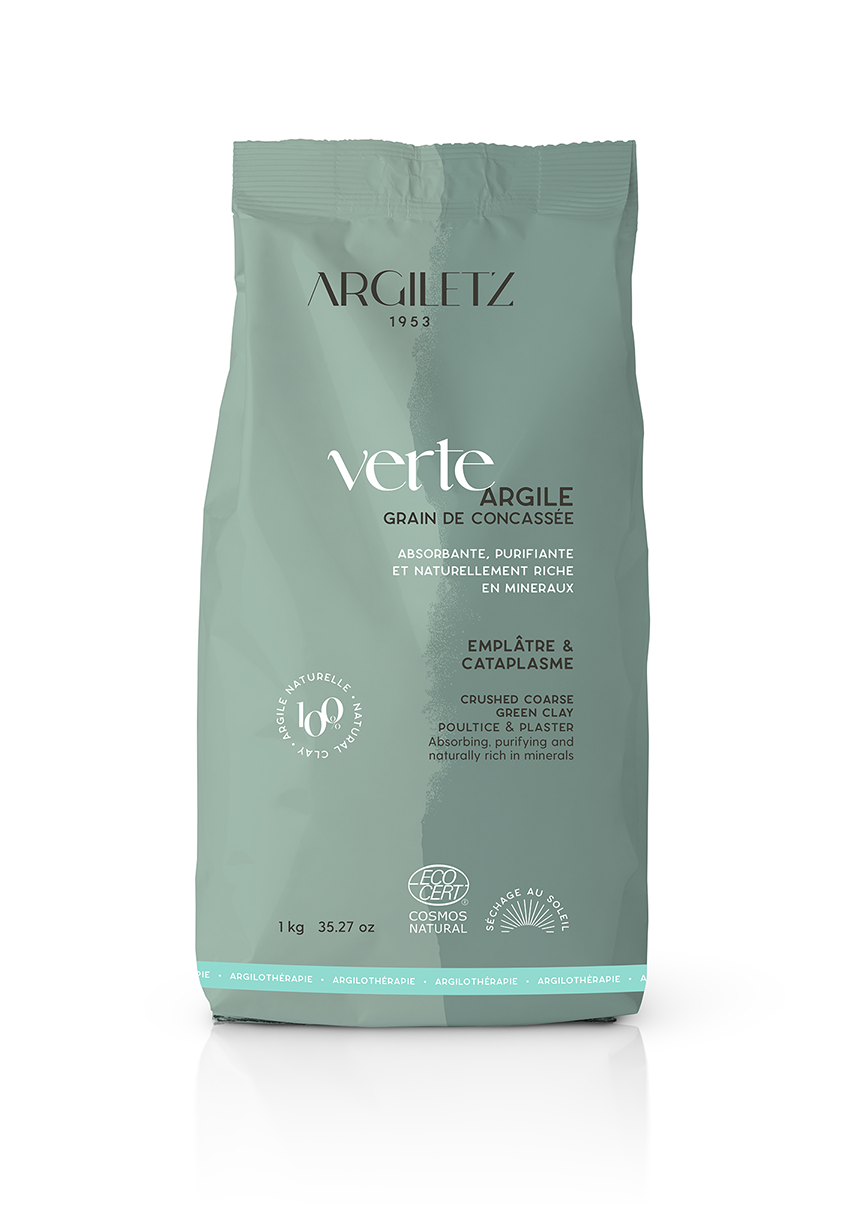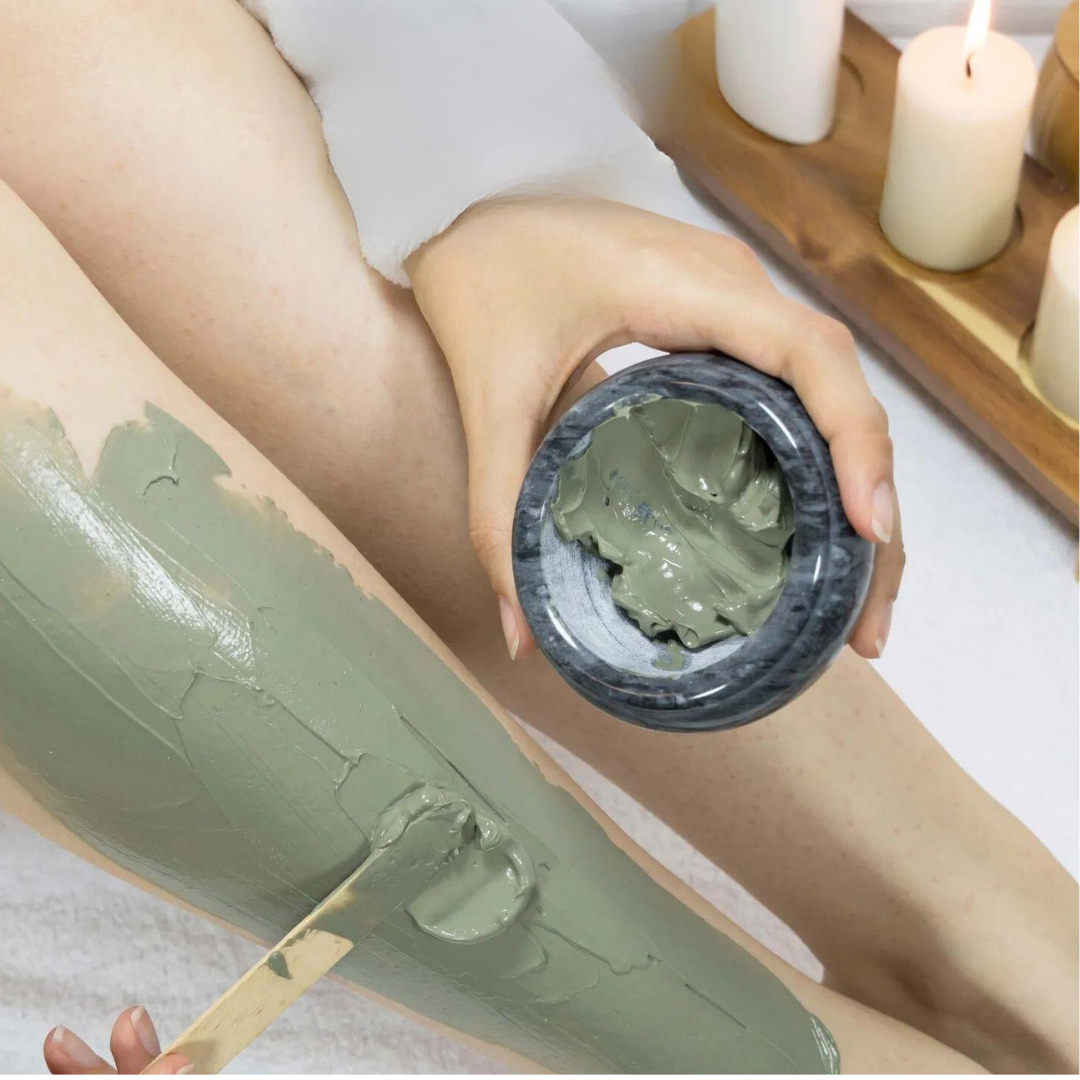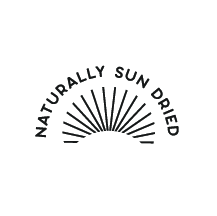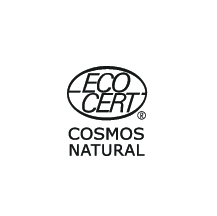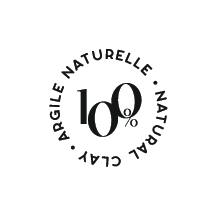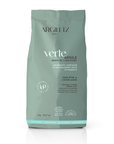
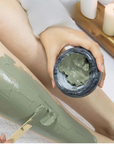
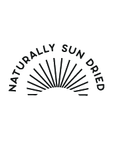
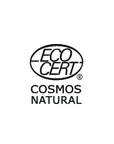
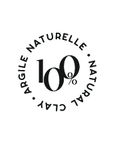
Crushed Coarse Green Clay | C-004
Crushed coarse clay is a raw clay with irregular 0.5 cm pieces. Used as a poultice or plaster, pieces of crushed coarse GREEN clay provide real comfort and effective relief for your body.
Clay is natural, healthy, mineral rich, which makes it ideal for caring for your skin, your body, hair and even the home!
Whether you use powdered or crushed clay, it provides invaluable benefits.
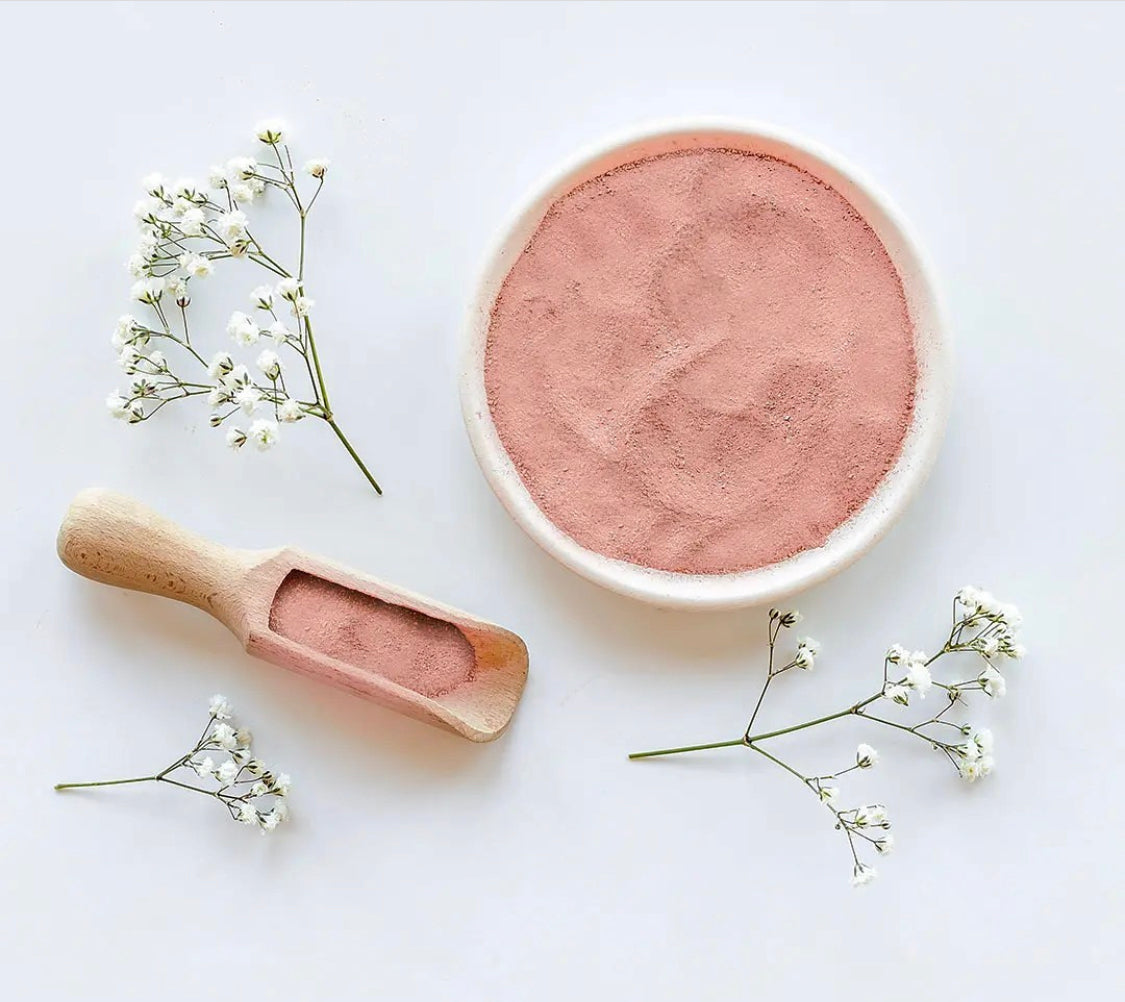
Benefits of Clay
Clay, a natural and beneficial land, is a generous material used since the dawn of time for its benefits on the body and mind. A true gesture of love, this is how Argiletz has been imagining his clay care since 1953.
Color Clay
Clay comes to life in surprising textures and gives the best in a palette of soft and powerful colors. While green clay is by far the most widely used in the world, coloured clays each have its own properties.
Red, white, pink, yellow or ghassoul, the colored clay adapts to all skin types according to their specificity. So, whatever your skin type, there is bound to be a clay made for you
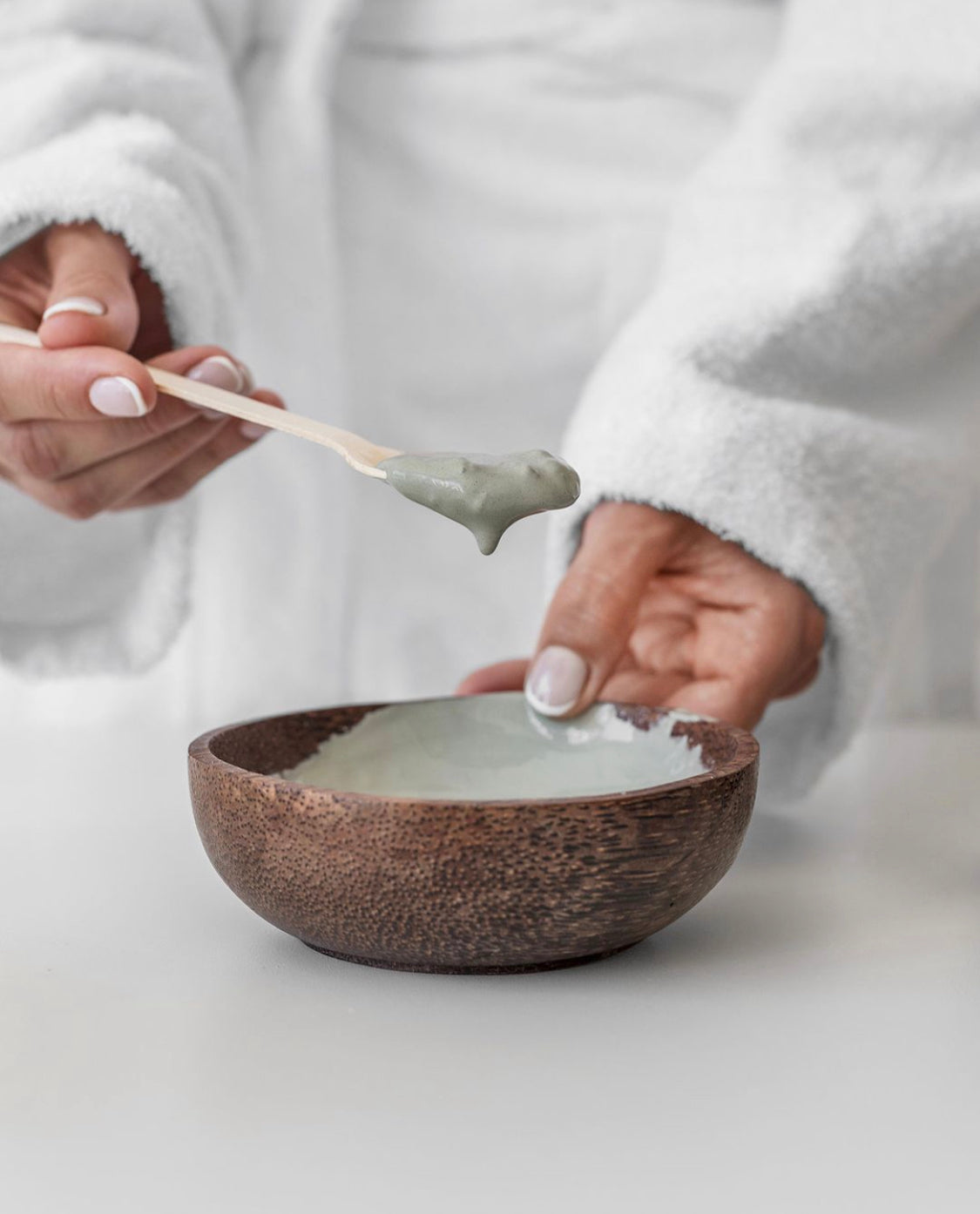
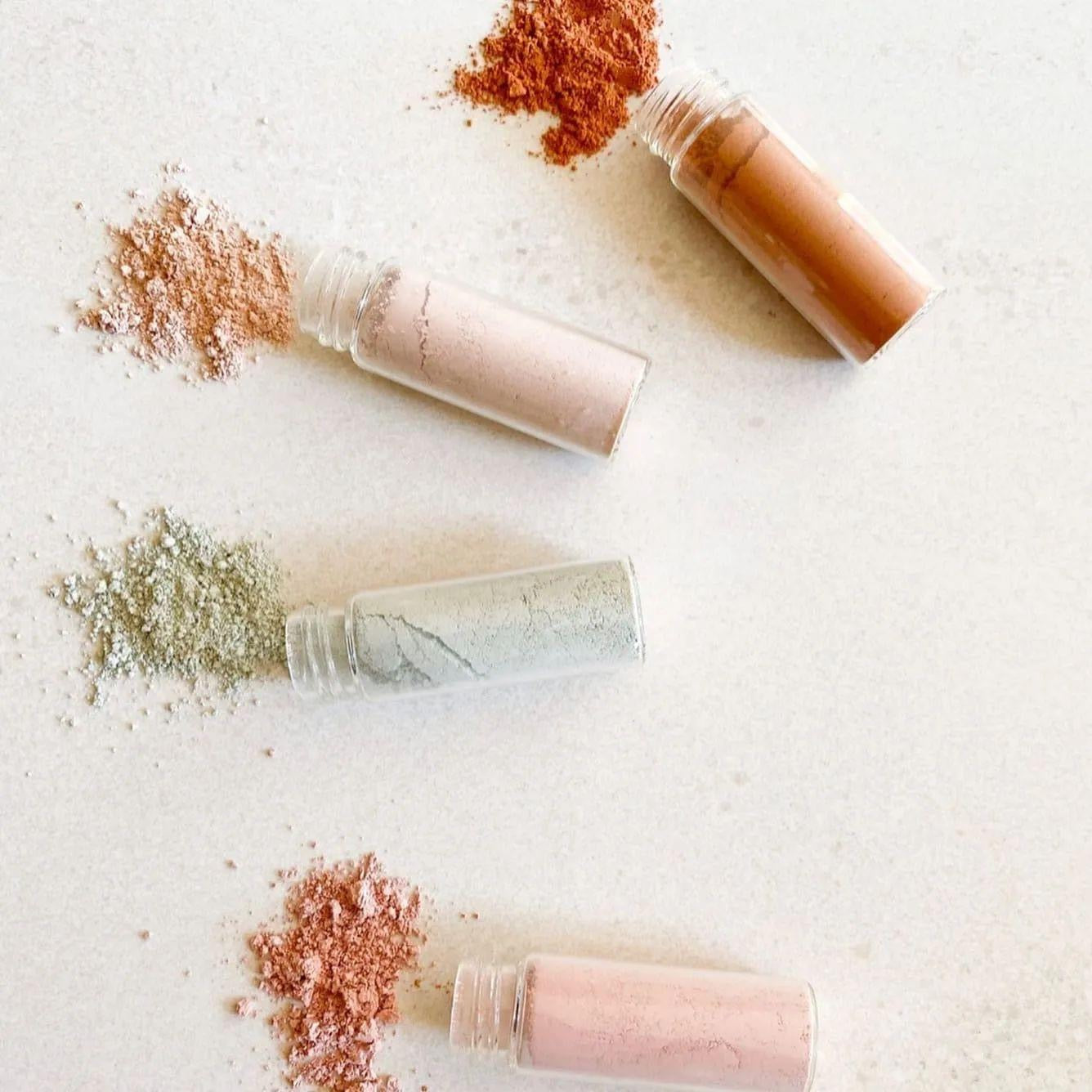
Clay for skin and hair:
A case of softness
When clay meets the skin, it purifies and reveals beauty, for a natural and radiant mine all year round. When she meets the hair, she gives it shine and suppleness. Thanks to its richness of minerals and trace elements essential for healthy skin and hair, it comes to nourish and take care deeply.
In a mask for the face or hair,clay offers many benefits. Its smooth and silky texture offers a real moment of softness. In just 10 minutes, you will find a fresh and rested complexion. To be applied as is thanks to our ready-to-use dough tubes or to prepare yourself with powdered clay and a little water, clay transfers all its nutrients and offers a care of infinite delicacy. Deposited on our biodegradable cellulose strips, clay also works wonders on the skin and requires no prior preparation.
Clay for the body:
A virtuous treatment
Clay also has many benefits for the body, which it relieves and soothes. In cataplasm or plaster, clay does good: it contributes to the muscular well-being and comfort of the joints, it helps with cellular regeneration, cleanses and revitalizes. Thanks to its virtues, it also helps to maintain and complement the effects of a spa treatment when it integrates into daily care.
Did you know that? Clay can also be added to bath water. It thus acts on both the body and the mind. It envelops the skin with a gentle nourishing veil and offers a pure moment of relaxation.

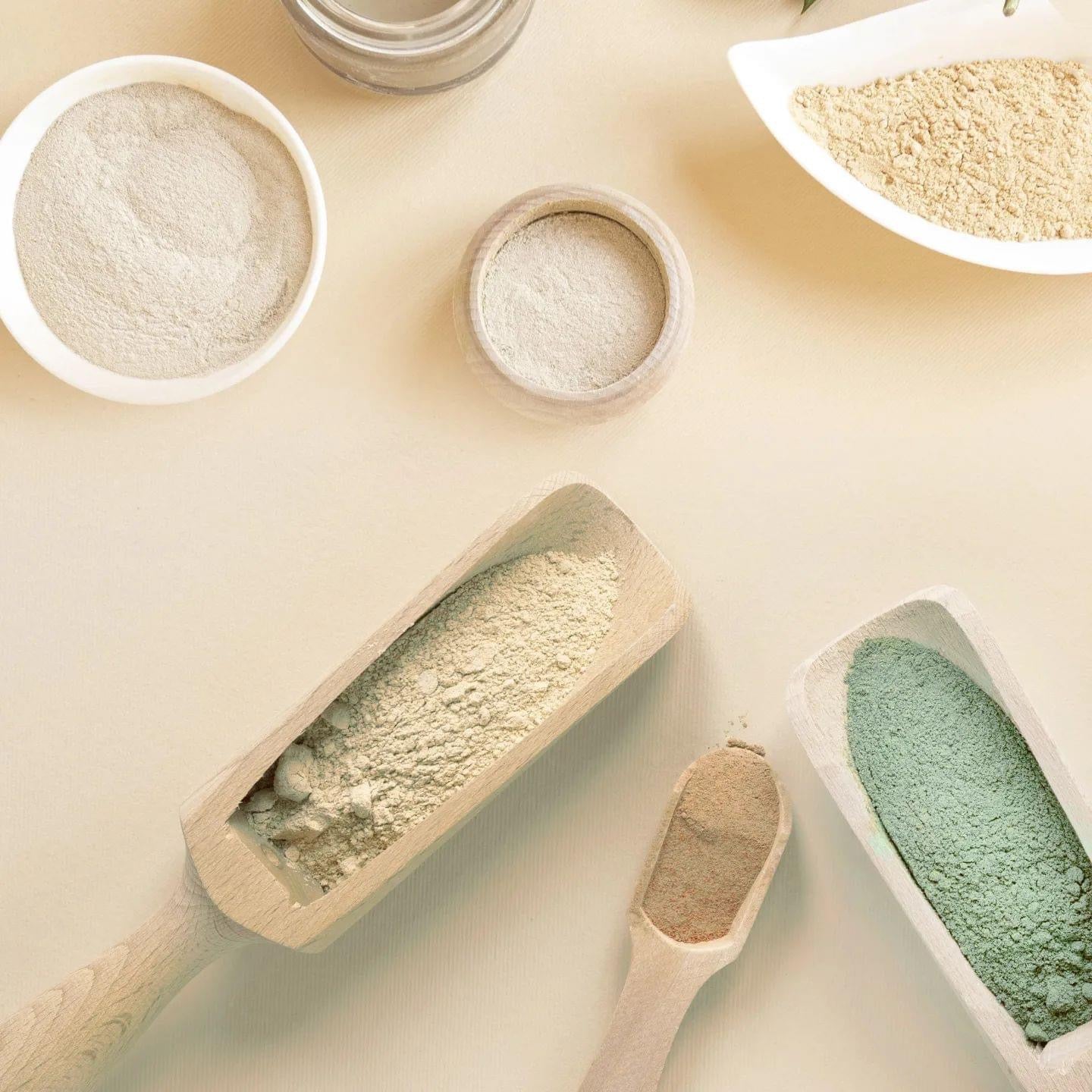
Clay in all its forms
Clay is a rich and authentic material, from our Mother Earth, which is born in a raw and authentic form. Once extracted from our French quarries, we dry it in the sun and store it and then grind it so that you can appreciate all its qualities.
Once ground, the powdered clay can take different granulometry.
From crushed clay to ultra-ventilated powder clay, each grain size (or granulometry) is specially designed for specific use of clay. Whether you want to enjoy its benefits via a plaster or make a face mask, you will need to choose a suitable granulometry.
Ultra-ventilated clay powder and surfine clay are perfect for use in face masks or hair. They can also be added to the bath water to benefit the whole body. Their grain is so fine that they melt in the blink of an eye to form a paste as light as silky.
Crushed, granulated or finely ground clay is ideal for the preparation of plasters and cataplasms, which require a significant amount of dough depending on the area to be treated. They are available in larger sizes (1kg or 3kg) and require a longer preparation time (between 2 hours and a few minutes).

